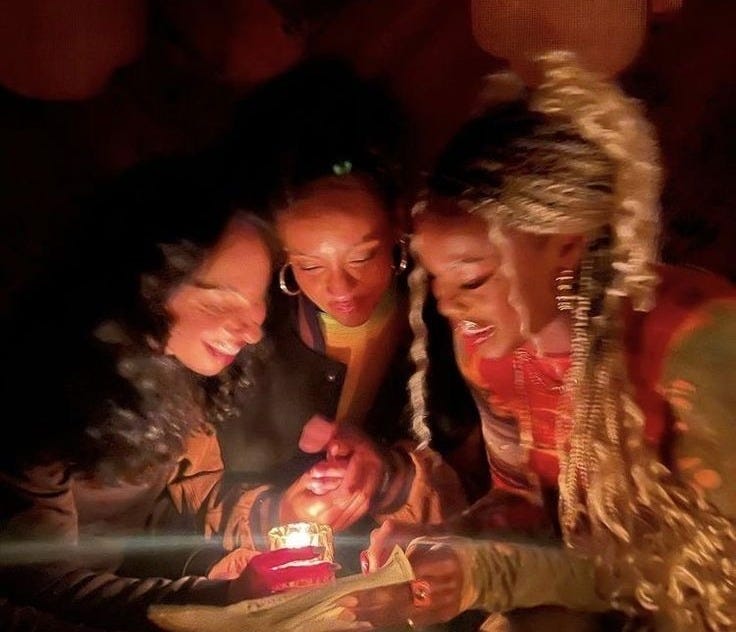Time and time again, I stumble upon social media rants of people exposing their former confidants. Initially, I’m always intrigued as I could never expose my business in that manner. Reserving my personal thoughts on the person’s decision to turn to social media. What baffles me most, though, is the irony in how the number and nature of the exposed flaws shape my perception of the storyteller just as much as the subject.
Whether it be ‘what my ex did and I stayed’ or ‘why I’m no longer friends with [redacted],’ initially, I admit I’m a bit nosey—I want to know what the ex did. However, as more transgressions pile on, my curiosity morphs into judgment or just plain secondhand embarrassment. Gossiping with friends has never been more dire. At least the judgment and shame are confined within the bedroom walls. Most importantly, they have your best interest at heart and will pull you from your delusions.
You can only expose someone so much without disgracing yourself in the process.
When you name the 50th thing your ex did, and you stayed– the understanding gaze fades into oblivion. Why were you with that person? Why were you friends with that person?I recall watching a TikTok about a woman begrudgingly talking about her “snake” ex-best friend. “She wrecked a couple homes or two” she casually mentioned.
The ironic part is that the subject of the rant and name-calling was caused by the former friend getting with her husband. The irony was completely lost on her. So, at first, she was okay being friends with a home-wrecker? A handful of people won’t outwardly admit it but their actions attest to the fact that they are comfortable being friends with or being in a relationship with horrible people as long as they’re either not on the receiving end or are picked respectively.
HAD SHE HAD THIS CONVERSATION BEHIND CLOSED DOORS, WE WOULDN’T HAVE THESE OPINIONS OF HER.
A handful of times people try to undermine or distance themselves from the hand they played actively or through complicity. “I didn’t know it was that bad,” and “I didn’t support it.” An effort to reduce their cognitive dissonance, a term coined by psychologist Leon Festinger, states that individuals experience mental discomfort when they hold conflicting beliefs. Knowing that home-wrecking is wrong while also being friends with a home-wrecker creates a contradiction. In the same way, continuing to point out your ex’s flaws makes you look, for lack of a better word, foolish. The stark difference between their actions and current beliefs causes mental discomfort. That discomfort encourages them to reduce their conflicting actions' inconsistency—or dissonance—by downplaying their role or feigning ignorance". They attempt to preserve their moral standing while simultaneously deceiving the audience with performative accountability. It’s hard to take their criticism seriously when their moral compass is so skewed.
I’m in no way excusing the behaviors of the perpetrators, the horrible ex-partners, or friends. That's not the point of the essay, I'm simply shining a light on 1. the hypocrisy of the storytellers’ in condoning behaviours they once enabled or were comfortable with and 2. a failed effort to garner virality and or sympathy which ended in disgrace.
Not all exposé follow this same route; some take accountability for their part in the story, like the lady from the Who TF Did I Marry TikTok series, who, from my perspective, told both sides of the story honestly.
In an attempt to tarnish someone else—whatever the motivation—you risk damaging your own reputation, all while the entire ordeal could have been avoided by ringing a close friend.






lol i loved this and ur so real for this